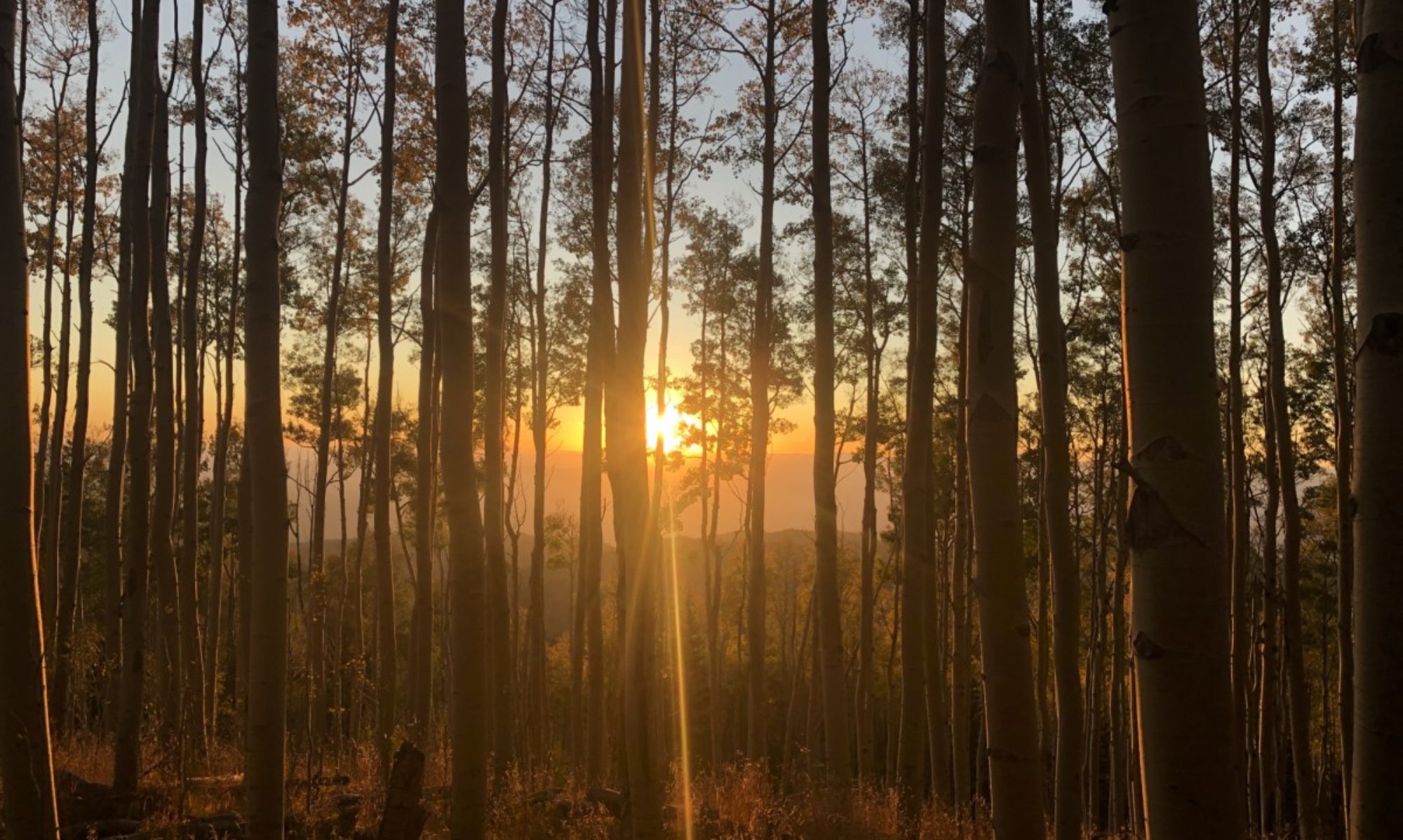Kel and I were driving home from a musical a while back, chatting away for the hour ride on the dark highway. He was sharing about his high school days, hurts long forgotten but readily accessible (you know- those hurts that are maybe not as forgotten as we pretend to think).
It felt a little like a conversation you might have when you’re dating. Getting-to-know-you conversations vs. we’ve-been-married-for-seven-years conversations. Times where you really listen to what the other person is saying. Moments when you try to actually care about how that has shaped them into the person they are today. We are sometimes really bad at this. Or, at least, I am. Sometimes it feels easier to pick up my phone and disengage.
But instead of distracting ourselves away from each other, we chose to press in. We talked about our angsty teenage moments where we pondered the deeper complexities of life and what our purpose was in this world. Things we felt with earnest intensity and passion. Things we processed on drives alone late at night (him) or soaking in a bubble bath while “writing” songs that gave a preview of the state of my heart (me).
“I don’t have those types of moments anymore… not with the depth in which I did, anyway…” He confessed to me.
I got the chance to tell him that just the other day, after I had dropped K off at preschool, that I had been struck deeply, profoundly on my way to work. It was “picture” day at work, too (read: updating headshots for our website). And here I was, a blubbering fool — moved beyond words by God’s love for our daughter. That He had known her, loved her before I did. He had always been with her… when I have not.
It was felt deep within my soul. A comfort, almost. No matter what may come, I hope I can communicate this to her as she continues to grow. The depth of love for her extends far beyond what my human, sinful self can offer or provide. Patient, slow to anger, abounding in love. This is the character of God.
My very foggy and faint reflection of Him is only able to move forward when I remember His mercy and grace. Offered to her. Offered to me. The gospel, this good news, lest I forget it.
I need the space to remember.
Otherwise, I do forget. And when I forget, my life is driven by things that don’t matter. Like kittens on Craigslist or the NYT daily crossword puzzle or house-hunting on Zillow. Because even when I eradicate the things I’ve deemed “unhealthy” for me (like social media or binge watching television shows), I still easily fill my time with pointless things. Or, things that I justify as “most important” (like work or reading or more bubble baths).
Instead of sitting in the quiet. Instead of really listening to the people right next to me.
But when I put my phone down… when I turn the music off…. when I shut my computer… when I make space for others, for Jesus…
Life feels a little different. A little more like it should. Mundane maybe, yes. But real. My real. Nothing glamorous or glitzy. I engage more with the 2-year-old given to me, I listen to the husband who committed to live life alongside me, or I more fully worship the God who created me. There’s less to distract me. I’m less consumed by the million things I can’t control (but want to), and more concerned with being in the moment I’m in.
I wish it were easier
And maybe eventually it will be. But I have to actively choose it- multiple times a day. I have to choose to be present… I have to choose to make the space. It won’t just… “happen”. The space changes my perspective, it broadens my worldview. In that space, I catch glimpses of how deep the Father’s love really is… and that inevitably changes how I view (and then treat) my husband, my child, my family… my neighbor.
This space reminds me what actually matters. It reminds me that I can’t possibly reflect the image of the One whom I long to look like if I’m not convening with Him often. I can’t possibly care for others in the way that I long to, in the way that He asks me to, in the way that HE does… if I’m not ever with Him. I don’t just want to look a certain way, or act a part… I want it embedded deep within. So much so, that I can’t help but….
Maybe you’ll journey with me?
Moment-by-moment, wading into the grace that goes before us and picks up after us. Maybe we can help each other remember to slow, to make space, to listen. To remember that our allegiance lies beyond the scope of our temporary here and nows. It’s a re-setting of sorts. A being, that maybe we’ve forgotten how to make time for.
It’s nothing I can do alone. So I’ll try to write more in the process. Maybe you’ll write back. Or maybe we’ll have coffee or Marco Polo or connect through the inter-webs. I’d like that. We need the depth of other humans, we other perspectives and experiences. We need to share together in such a way that reminds us to look heavenward, and to live faithfully in the ‘already but not yet’. To really engage with the people next to us, with the God who created us.
…to make space to remember…












